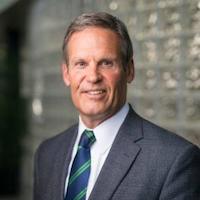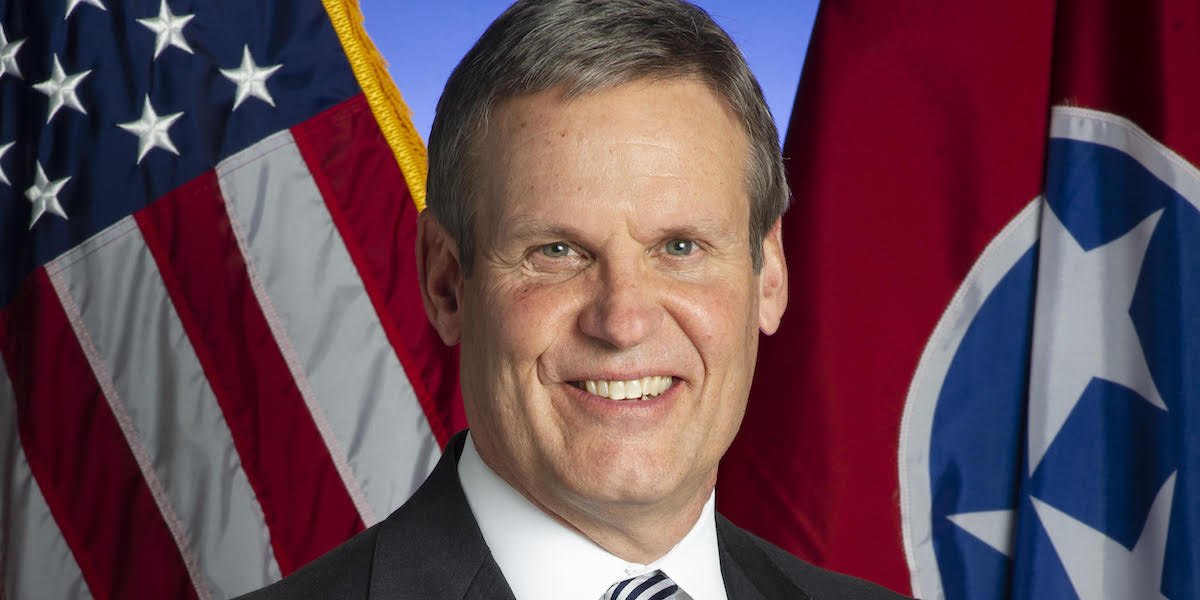
Washington, D.C., March 20 – 4,679 Tennesseans with disabilities entered the workforce last year, part of a national trend of jobs gained among people with disabilities. Tennessee now ranks 44th in the nation based on the employment rate for people with disabilities. Out of the 538,061 working-age (18-64) Tennessee natives with disabilities, 179,049 have jobs. According to the newly published 2018 Annual Disability Statistics Compendium, Tennessee has an employment rate of 33.3 percent for people with disabilities. Further analysis by the nonpartisan advocacy group RespectAbility shows that Tennessee’s disability employment rate has steadily increased over the past three years.
Newly elected Gov. Bill Lee has shown an early interest in supporting the disability community in the Volunteer State. One of the first public proclamations released by the Governor’s office was to mark March as “Developmental Disabilities Awareness Month.” In the proclamation, Gov. Lee wrote, “all Tennesseans have valuable strengths, infinite capacity to learn and make decisions, and the capability to make important contributions to their communities” and affirmed his commitment to ensure that Tennesseans with disabilities “to achieve personal success through education, meaningful work, and family and community ties.”
Crucial to Tennessee’s efforts to expand employment opportunities for people with disabilities is the Tennessee Council on Developmental Disabilities. The Council, which helps to advocate for inclusive policies and coordinates advocacy activities, has received national recognition for their efforts. Likewise, the Council has closely coordinated with the state’s Department of Labor and Workforce Development to services and expand employment. In 2017, the Labor and Workforce Development Commissioner Burns Phillips wrote, “Tennesseans with disabilities have been underrepresented in the workforce, but they have real job skills and positive attributes to offer to employers.” He went on to add, “Tennessee is more focused than ever before on preparing students with disabilities leaving high school with the work experience and soft skills employers look for in potential employees.”
“Our nation was founded on the principle that anyone who works hard should be able to get ahead in life,” said Hon. Steve Bartlett, current Chairman of Respectability, who co-authored the Americans with Disabilities Act when he was in Congress. “People with disabilities deserve the opportunity to earn an income and achieve independence, just like anyone else.”
A National Issue
Beyond Tennessee, how is the workforce changing for people with disabilities? What is driving these changes? The answer is simple. According to Vincenzo Piscopo of the Coca-Cola Company: “People with disabilities bring a unique skill set that is very valuable for companies.” He went on to add, “As it relates to employment and competitiveness in the workplace, we have to stop thinking of disability as a liability and start thinking of it as an asset.”
Brand-name companies such as JP Morgan Chase, Coca-Cola, Ernst & Young, IBM, Walgreen’s, Starbucks, CVS and Microsoft show people with disabilities are successful employees. These companies also know that these workers improve the bottom line. “People with disabilities bring unique characteristics and talents to the workplace,” said RespectAbility President Jennifer Laszlo Mizrahi. “Hiring people with disabilities is a win-win-win for employers, people with disabilities and consumers alike.”
As more companies hire employees with disabilities, conversations are shifting to focus on inclusion. “Disability inclusion is no longer about automatic doors, curb cuts, ramps, and legislation,” says Jim Sinocchi, Head of the Office of Disability Inclusion at JP Morgan Chase. “Today, the new era of disability inclusion is about “assimilation” – hiring professionals with disabilities into the robust culture of the firm.”
According to the Census Bureau, there are more than 56 million Americans living with a disability. Disabilities include visible conditions such as spinal cord injuries, visual impairments or hearing loss and invisible disabilities such as learning disabilities, mental health or Autism.
An Election Issue
Voter research, conducted by RespectAbility, shows how disability issues connect to all aspects of American life. “Fully three-quarters of likely voters either have a disability themselves or have a family member or a close friend with disabilities,” said former Representative and Dallas Mayor Steve Bartlett. “People with disabilities are politically active swing voters, and candidates should take note of the important issues they care about.”
As 2019 moves into 2020 and the political campaign season heats up, continuing job growth for people with disabilities will be a crucial indicator of the health of the American economy.

[…] follows a year of solid job growth for people with disabilities in the state. More than 4,600 Tennesseans with disabilities entered the workforce last year, part of a national trend of jobs gained among people with […]